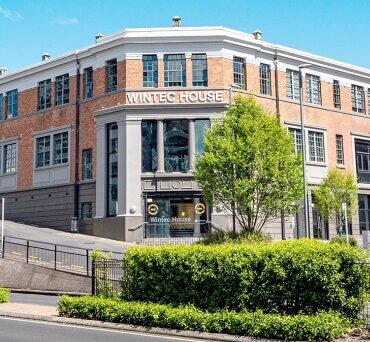
Wintec celebrated its centenary on November 1
November 22, 2024 – 4pm
Statement from Te Pūkenga clarifying a part of this story:
Wintec began engaging with staff on their change proposals from 21 October, this was two weeks before one of several 100th anniversary events held at Wintec on Friday, 1 November. As some staff were not available earlier, meetings for the SoMA team had to take place on 1 November, which coincided with that particular anniversary celebration.
Because of the staff requirement to hold the meeting on that day, the date on the consultation change proposal was altered to correspond with the meeting date.
It was not Wintec’s intent to have these two events at the same time.
20 November 2024 – 3.04pm
Staff and students at Waikato’s century-old polytechnic have been told jobs and courses will have to go to make the institution – which lost $19.4 million last year – financially viable.
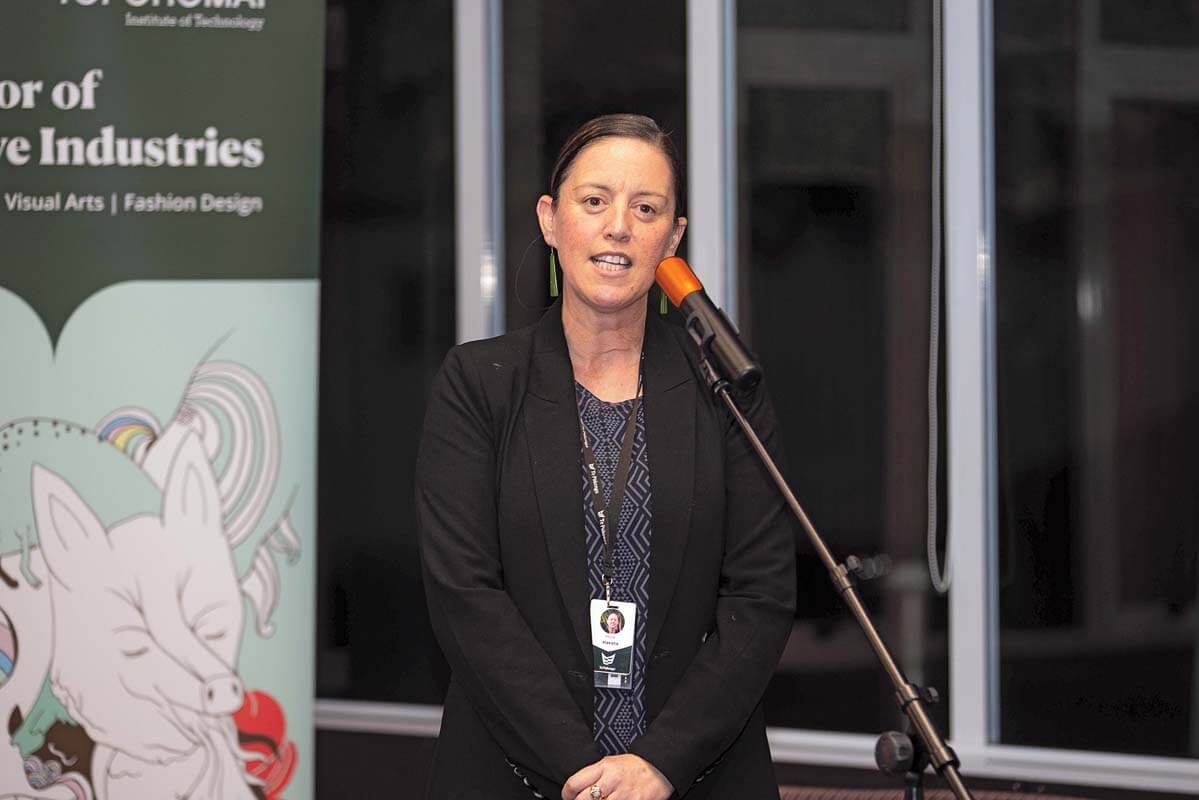
Executive director Huia Haeata
The impact will be felt across the Waikato-King Country, in towns like Te Kūiti, Ōtorohanga, Cambridge, Te Awamutu, Tokoroa, Putāruru, Morrinsville and Matamata where students have been able to commute daily for studies at the polytechnic’s three Hamilton campuses, without abandoning their communities.
The news came on the day Wintec celebrated its 100th birthday on November 1* with staff awards and events for students, mana whenua and stakeholders. Several staff reportedly boycotted the celebrations.
It also came days after executive director Huia Haeata and other Wintec staffers visited joint programme partners in China. Their students can pathway into graphic design, information technology, construction management and music education in Hamilton – among the courses being closely examined for their viability.
Haeta said the proposal split the faculty into three groups, led by directors. Because there were already vacant or fixed term contracts due to expire, the overall impact on staff was 6.4 full time equivalent roles, she said.
Documents seen by The News suggest staff will have to apply for fewer positions under the proposals while voluntary redundancies are on offer but only for staff told their position is “significantly impacted”. Wintec retains the right to not accept applications for redundancy where it affects operational requirements.
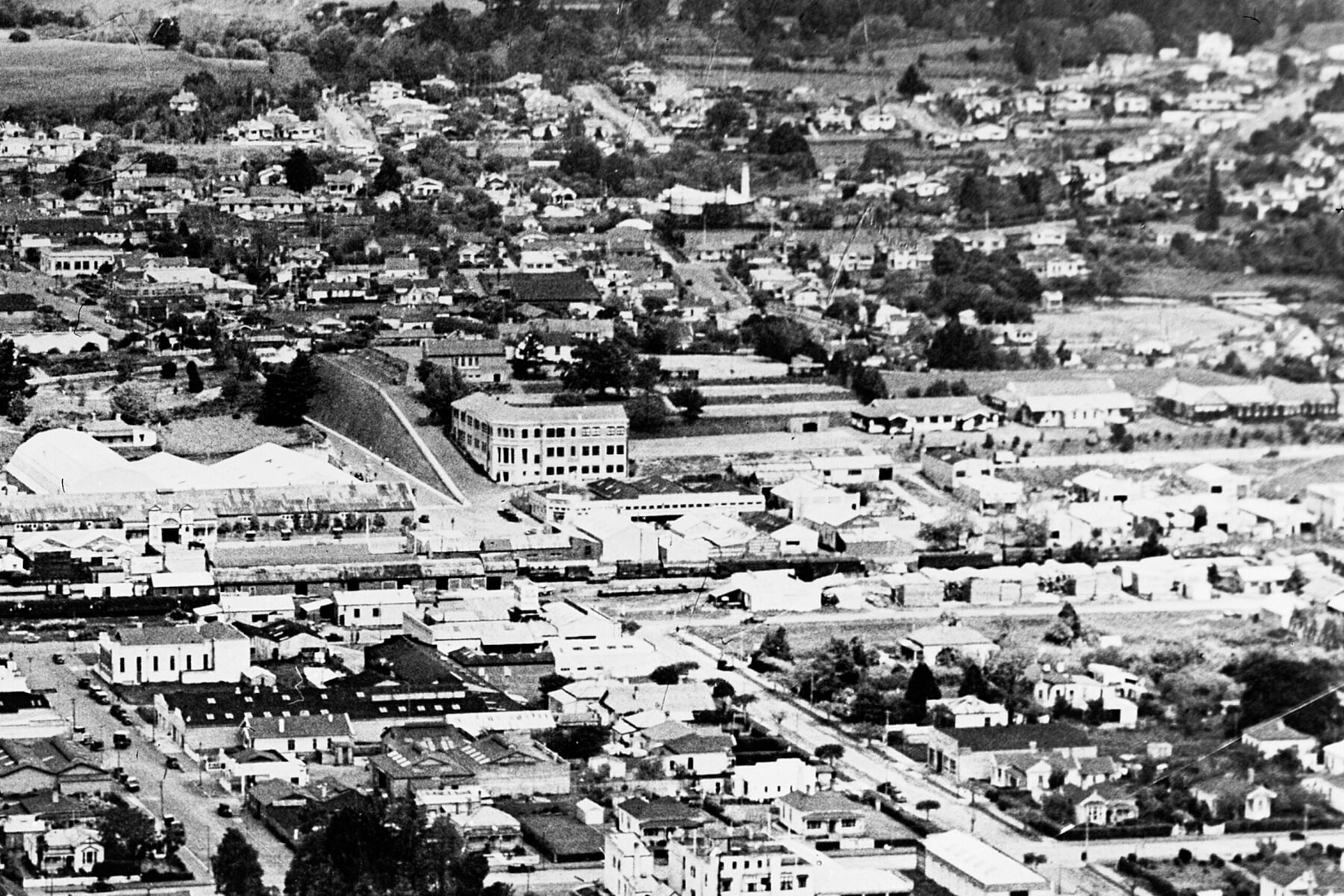
Aerial shot of Wintec House, taken in the 1930s. Fraser High School later relocated to Ellicott Road, Nawton, in 1970, where it remains today. The school was named after Whampoa Fraser, who served as Principal of Hamilton Technical College from 1925 to 1949, guiding its growth during its formative years. Photo: Supplied..
Students have been told courses they enrolled in may not go ahead and employers told not to expect interns.
One “confidential” proposal seen by The News is for the School of Media Arts which would decimate the Communication, Music, Performing Arts and Contemporary Art courses and in another blow for the country’s publishing industry, its prestigious Journalism diploma.
The infamous Wintec Press Club events, administered by the School of Media Arts and set up in 2004 by editor in residence Venetia Sherson, were a legend in their own lunchtimes. Among guest speakers were lawyer Greg King, broadcaster Paul Holmes, Jacinda Ardern before she became prime minister and music legend Dave Dobbyn.
Back then more than 30 students a year studied journalism at Wintec. The change proposal says it was down this year.
Consultation closes and applications for voluntary redundancy are due on December 2, feedback reviewed that week and decisions communicated on December 9. Recruitment and selection would take place in January next year.
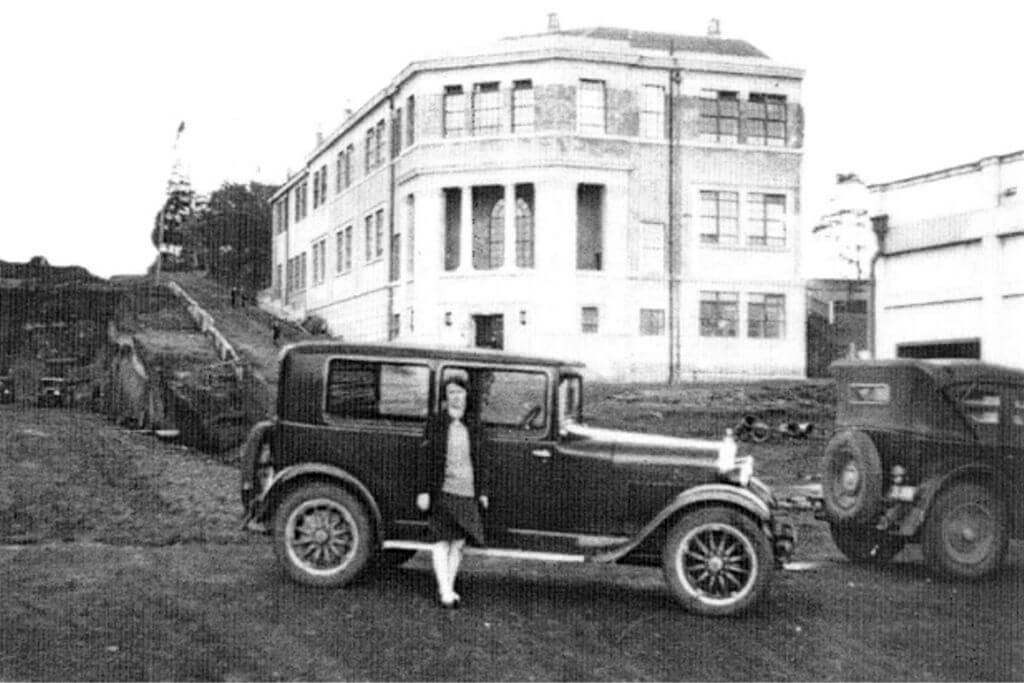
Wintec House, taken 1930s. Photo: Supplied
Wintec has three campuses in Hamilton – one of which, its Horticultural base at Hamilton Gardens would close and move to Rotokauri. Several of the polytechnic’s rented central city buildings would also close.
The News is not aware of what is proposed at Wintec’s Thames and Ōtorohanga facilities.
The proposal says Wintec has lost money every year since 2017 because of declining domestic rolls, cost increases, changes to funding models, a drop in international students due to Covid and changes to visa requirements which meant many eligible international students could not start last year and were delayed to this year.
Wintec’s cash reserves have taken a hit forcing it to borrow operating funds from Hamilton-based Te Pūkenga – the super institute brought together in 2020 by the merger of 16 polytechnics, including Wintec, and nine industry training organisations.
High level reviews of bottom lines were ordered by the Tertiary Education Commission earlier this year and involved consultancy companies known for “slashing” costs on the ground.
Wintec began as Hamilton Technical College in 1924 providing trades training for the region.
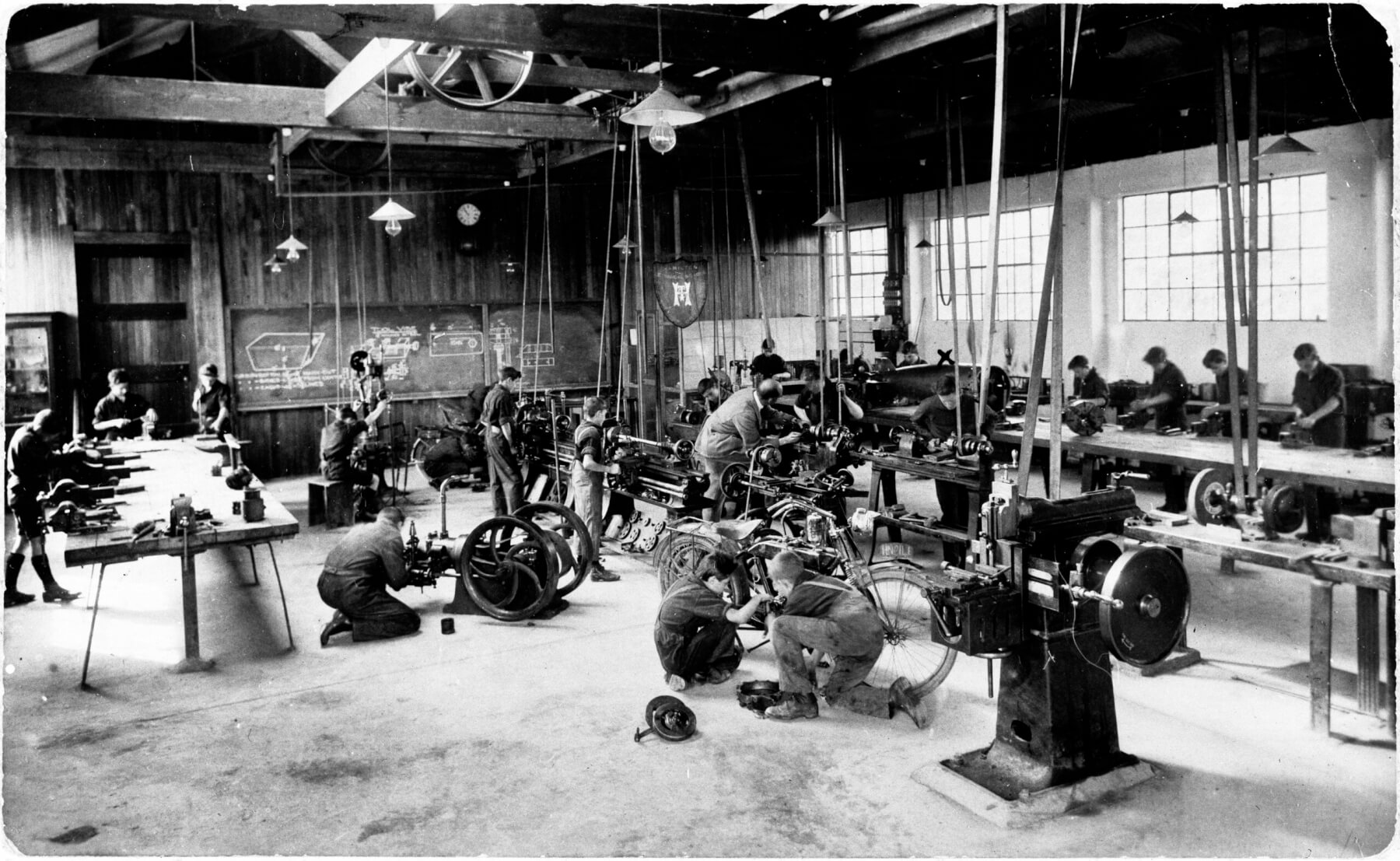
A bustling workshop filled with students at Hamilton Technical School (now Wintec), taken in the 1920s. Photo: Supplied.
It split into Wintec and Fraser High School in 1968 with the polytechnic offering engineering, science, accountancy, business management and building trades courses.
In the 1990s it started degree offerings in nursing, midwifery, business, sport and exercise science, information technology and media arts. Satellite campuses opened in Te Kūiti and Thames.

Cambridge News 21 November 2024
The Bachelor of Business was the first degree offered in 1992. In 1999 a campus was set up on Avalon Drive to provide trades, sports and hospitality training and the following year – Nursing – became the first postgraduate qualification.
Wintec House, the historical corner brick building in central Hamilton, reopened in 2010 after a $17 million refurbishment. Just over a decade ago a new multi storey office building next to Wintec House was opened.
And in a sign of good times ahead if only Covid had not disrupted things, Wintec in 2019 launched the country’s first new physiotherapy school and offered an accredited Bachelor and Master of Nursing Science programme.
Tertiary Institutes Allied Staff Association (TIASA), the major union and specialist voice for allied (non-teaching) staff said it had asked for the proposals across the country, including Wintec, to be put on hold to enable the sector to stabilise and consolidate.
National president Shelley Weir said the impact on students, staff and communities was immense.
“TIASA has never seen such widespread stress, distress and sheer disillusionment for allied staff.”
Tertiary Education Union assistant national secretary Daniel Benson-Guia said disestablishing unique programmes would be devastating for places like Wintec. A mechanical engineering programme at risk is the only one of its type in New Zealand, he said.
The impact on Waikato communities which relied on the regional institution was significant, he said.
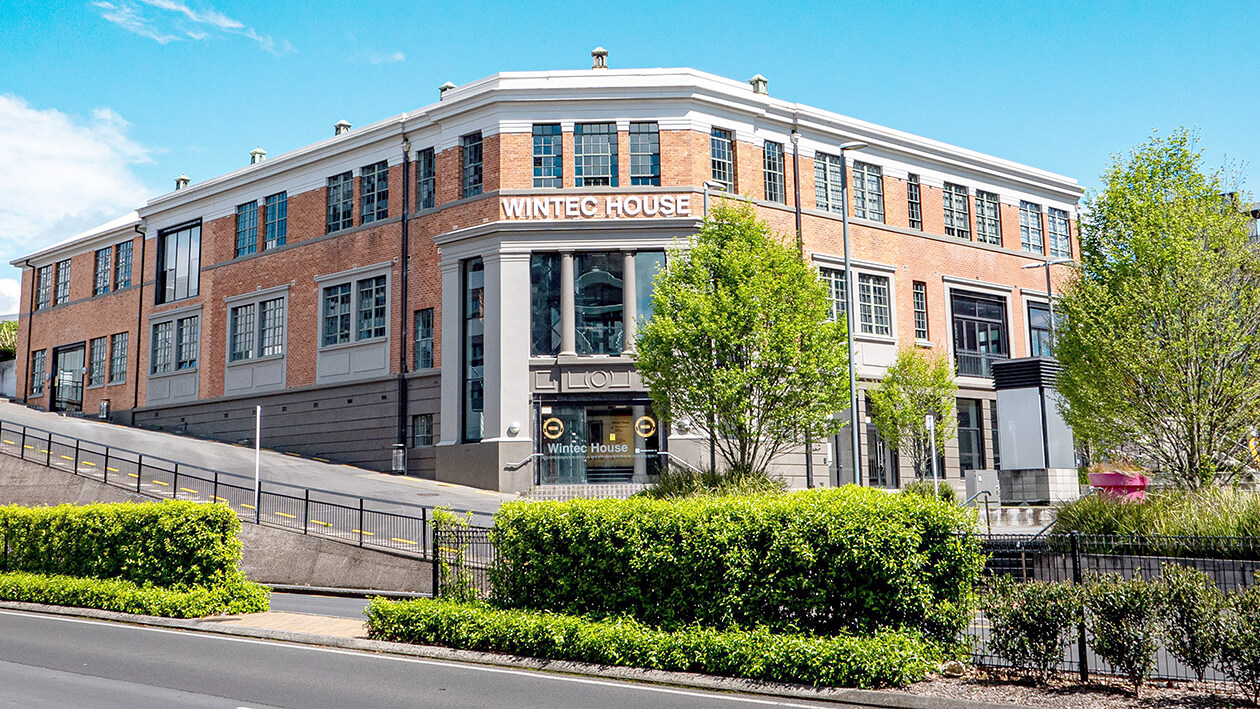
Wintec celebrated its centenary on November 1 – when it announced cost saving measures.








